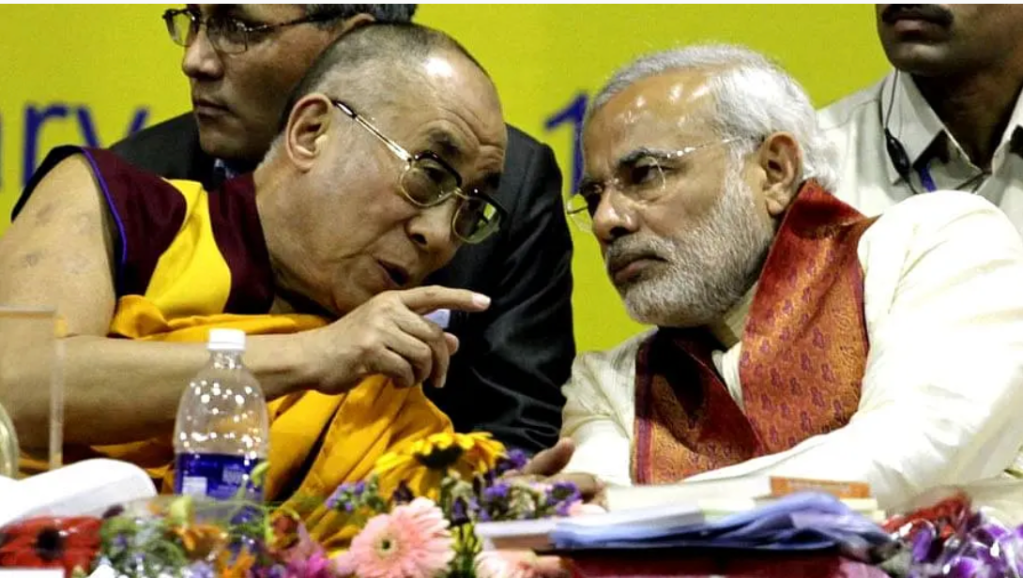From the Israel-Palestine Memory Hole: a very brief, incomplete summary of how we got where we are, in under two-three hours.

(* For “stealing a people’s country” read the ethnic cleansing of Palestine.)
- Hamas attack was ‘almost inevitable’ (Times Radio)
“For many years there’s been a complete absence of any kind of political process.” The “appalling living conditions in Gaza” and “two-sided Palestinian leadership” have made a conflict like this ‘inevitable’, says, former Gaza correspondent, James Rogers.
2. Israel launches most intense military operation in West Bank in years; at least 8 Palestinians dead 2023
U.N. Mideast envoy Tor Wennesland warned that the escalation in the West Bank was “very dangerous.” Asked about the Israeli drone attacks on residential areas, U.N. spokesman Farhan Haq said: “Attacks on heavily populated areas are violations of international humanitarian law.”
Lynn Hastings, the U.N. humanitarian coordinator in the Palestinian areas, said on Twitter that she was “alarmed by scale of Israeli forces operation” and noted the airstrikes in a densely populated refugee camp. She said the U.N. was mobilizing humanitarian aid.
UNRWA, the U.N. agency for Palestinian refugees, said many camp residents were in need of food, drinking water and milk powder.
3. Laying Siege to Gaza Is No Solution
“The latest Israeli military operation in Gaza is the most recent in a long string of such incursions over the past two decades. Major attacks took place in 2006, 2008, 2010, 2012, 2014, 2018, and 2021—virtually every two years. Israel has pursued a strategy of “mowing the lawn,” a phrase it uses to describe the periodic bombing of Palestinians in the territory to keep armed groups at bay. But each time Israel says it is going to degrade and destroy the capabilities of Gazan militants, fighters soon prove they have only expanded and increased their capabilities.”
4. Israel imposing apartheid on Palestinians, says former Mossad chief
Pardo is among the highest ranking former officials to draw the once taboo parallel with the old South Africa. Israel’s former attorney general, Michael Ben-Yair, said last year “that my country has sunk to such political and moral depths that it is now an apartheid regime”.
The former speaker of the Israeli parliament, Avraham Burg, and the renowned Israeli historian, Benny Morris, are among more than 2,000 Israeli and American public figures who have signed a recent public statement declaring that “Palestinians live under a regime of apartheid”.
5. Norman Finkelstein: Outrage over Israeli Massacre Shows Power of Nonviolent Palestinian Resistance 2018-19
6. Norman Finkelstein: There was NO WAR in GAZA, it was a MASSACRE 2008-2009
7. An Issue Of Justice: Origins Of The Israel/Palestine Conflict 1948 – 2006
For more resources see the 100 Best Books on the Middle East.



